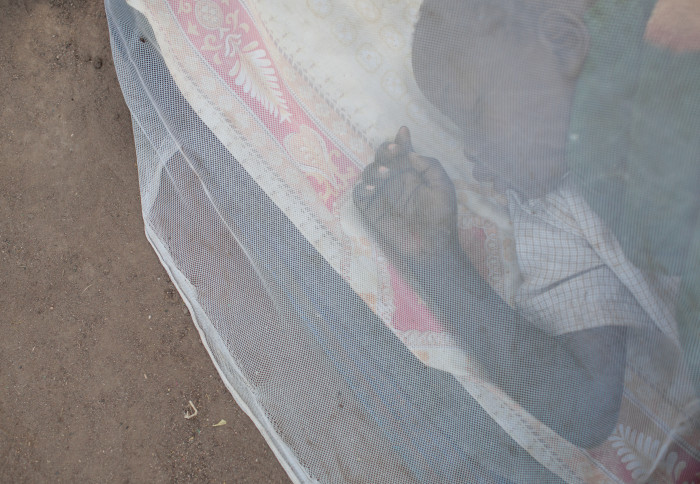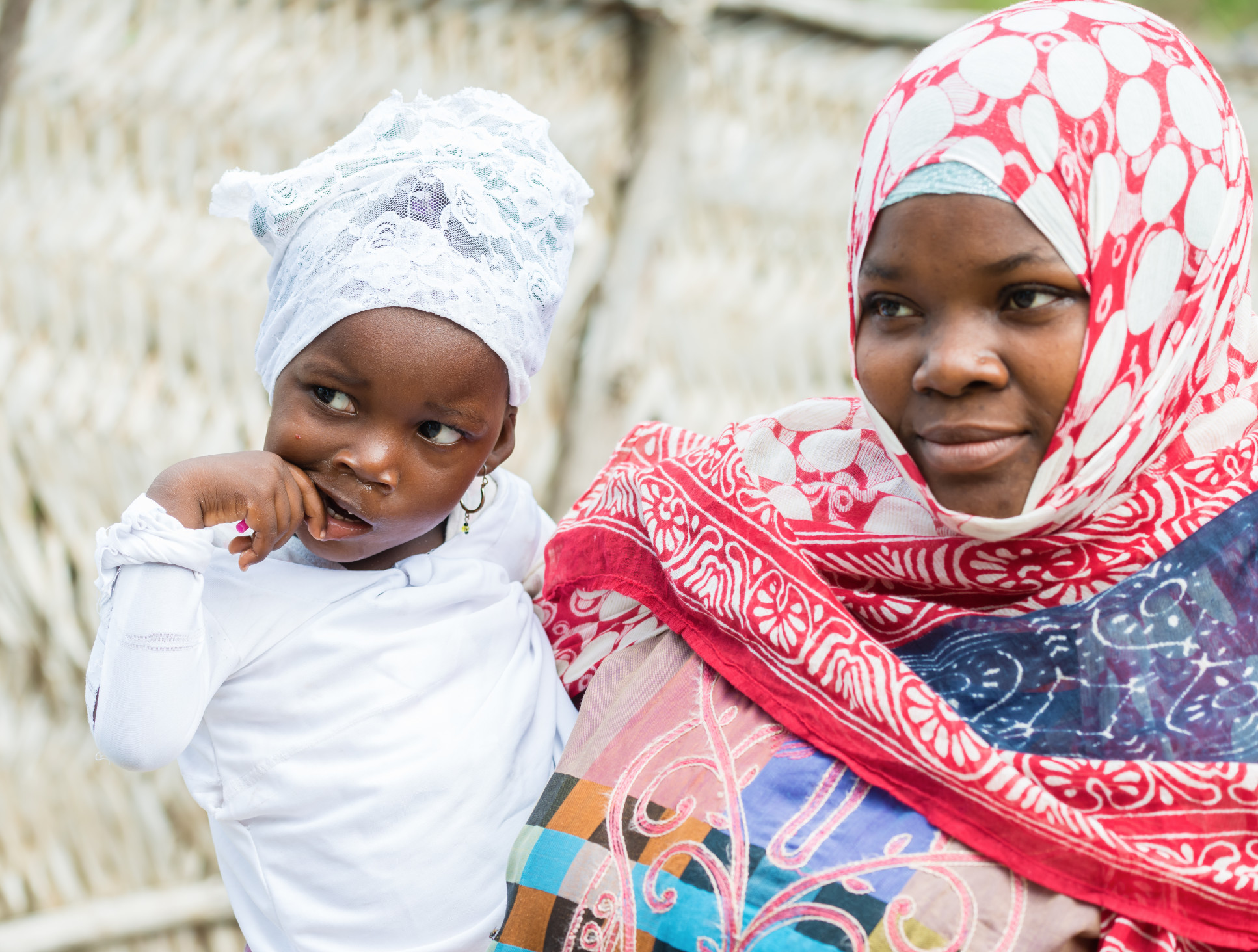
Global S&T Development Trend Analysis Platform of Resources and Environment
| Mosquito net distribution could halve Malaria deaths in Africa during COVID-19 | |
| admin | |
| 2020-08-07 | |
| 发布年 | 2020 |
| 语种 | 英语 |
| 国家 | 英国 |
| 领域 | 资源环境 |
| 正文(英文) | 

Mosquito net distribution could help halve the number of deaths from Malaria during the coronavirus outbreak in Africa, Imperial researchers say. There are concerns that malaria control activities – such as distributing insecticidal nets – could be severely disrupted as a result of the pandemic. But swift action could substantially reduce the burden of malaria and prevent joint malaria and COVID-19 epidemics simultaneously overwhelming vulnerable health systems. In the article the researchers estimate the impact of disruption of malaria prevention activities and other core health services under four different COVID-19 epidemic scenarios. An estimated 228 million long-lasting insecticidal nets (LLINs) were due to be delivered across Sub-Saharan Africa this year, more than ever before. They estimate that if these mosquito nets are not deployed and preventative chemotherapy and case management is reduced by half for six months, there could be 779,000 malaria deaths in sub-Saharan Africa over 12 months. If prevention activities were to stop during the outbreak, the team estimates that 200,000 deaths could still be prevented over six months if treatment of malaria is maintained. The researchers recommend that routine distributions of LLINs should be prioritised alongside maintaining access to antimalarial treatment and the use of chemoprevention to prevent substantial malaria epidemics. Treating children with fever
Fever is a symptom of both COVID-19 and Malaria, which can potentially confuse diagnosis in settings with limited testing for both diseases. The researchers say that simple age-based guidelines could substantially help reduce malaria burden if malaria tests are unavailable. They estimate that presumptive malaria treatment of 70% of children under the age of 15, who present with a fever, could save 178,000 lives in the next year. Dr Thomas Churcher, from Imperial’s School of Public Health, said: “It is vitally important to get malaria prevention measures out now to reduce the pressure on health systems as COVID-19 cases increase.” James Whiting, Executive Director at Malaria No More UK, said: "The efforts to maintain net campaigns across Sub-Saharan Africa are absolutely vital. We know how to prevent, track and treat malaria, but the strain Covid-19 puts on health systems risks hard fought for progress. "This important modelling is a reminder that efforts to end malaria sit on a knife edge. Protecting people against Covid-19 cannot be pursued in isolation. Governments must see maintaining efforts against malaria as a core part of pandemic preparedness or risk a catastrophic domino effect.” |
| URL | 查看原文 |
| 来源平台 | Imperial College London |
| 文献类型 | 新闻 |
| 条目标识符 | http://119.78.100.173/C666/handle/2XK7JSWQ/287504 |
| 专题 | 资源环境科学 |
| 推荐引用方式 GB/T 7714 | admin. Mosquito net distribution could halve Malaria deaths in Africa during COVID-19. 2020. |
| 条目包含的文件 | 条目无相关文件。 | |||||
| 个性服务 |
| 推荐该条目 |
| 保存到收藏夹 |
| 查看访问统计 |
| 导出为Endnote文件 |
| 谷歌学术 |
| 谷歌学术中相似的文章 |
| [admin]的文章 |
| 百度学术 |
| 百度学术中相似的文章 |
| [admin]的文章 |
| 必应学术 |
| 必应学术中相似的文章 |
| [admin]的文章 |
| 相关权益政策 |
| 暂无数据 |
| 收藏/分享 |
除非特别说明,本系统中所有内容都受版权保护,并保留所有权利。
修改评论